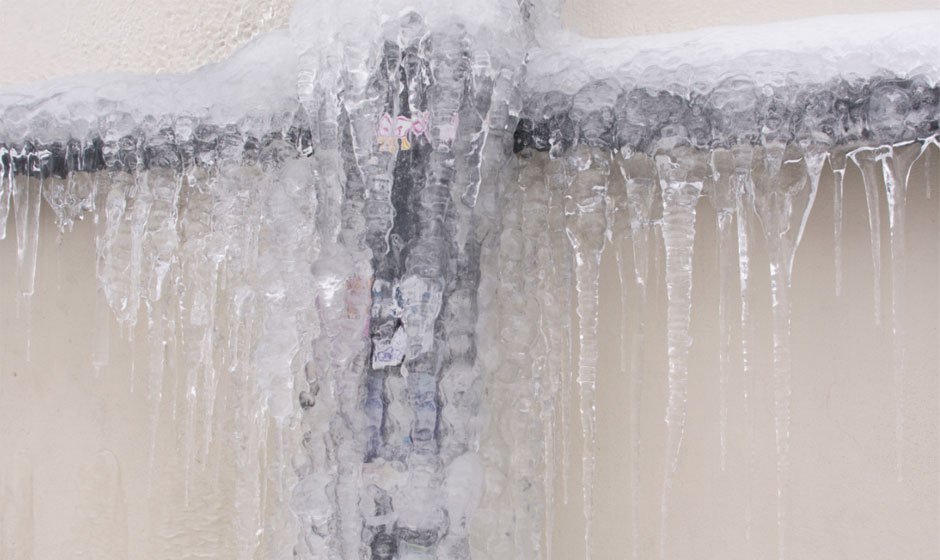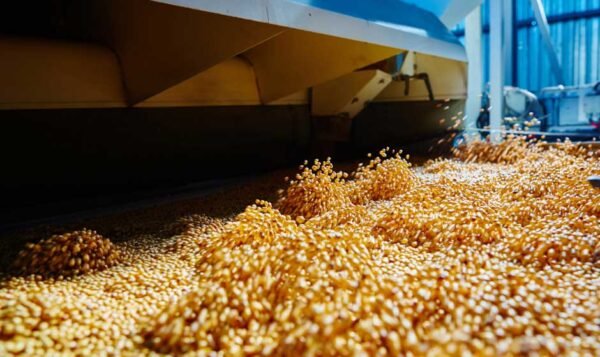Preventing Frozen Pipes in the Winter: Tips and Tricks to Avoid Disaster

Winter is a beautiful season filled with cozy nights by the fireplace, hot cocoa, and snow-covered landscapes. However, as the temperatures drop, homeowners face one major concern – frozen pipes. Not only can frozen pipes disrupt your daily routine, but they can also cause significant damage to your home if not addressed promptly. This guide will discuss tips and tricks to help you prevent frozen pipes in the winter.
Finding a reliable and affordable plumber is essential when dealing with frozen pipes. A professional plumber can quickly identify and fix any issues with your plumbing system, preventing potential disasters. Search “affordable plumber near me” to find local plumbing services in your area.
Now, take a look at some preventive measures you can take to avoid frozen pipes during the winter months.
Insulate your pipes.
One of the most effective ways to prevent frozen pipes is by insulating them. You can purchase foam pipe insulation or use towels, newspapers, or other materials to wrap around your pipes. This will help keep the heat in and protect your pipes from freezing temperatures.
Keep your home warm.
Another crucial step in preventing frozen pipes is to ensure your home stays warm. Set your thermostat to at least 55 degrees Fahrenheit, even when you are away from home. This will help maintain a consistent temperature and prevent the pipes from freezing.
Let your faucets drip.
Allowing your faucets to drip can also help prevent frozen pipes. The constant flow of water can prevent the pressure from building up in the pipes, reducing the risk of freezing. This is especially useful for pipes in your home’s exterior walls or unheated areas.
Disconnect garden hoses.
Before winter arrives, make sure to disconnect and drain all garden hoses. Leaving them connected can cause water to freeze and expand, potentially damaging the hose and the attached faucet.
Open cabinet doors.
On particularly cold days, open your cabinet doors under sinks and around plumbing to allow warm air to circulate. This will help prevent pipes from freezing in these areas.
Shut off the water if you’re leaving for an extended period.
If you plan on leaving your home for an extended period during winter, it’s best to shut off the water supply. Drain all water from your pipes by opening the faucets and flushing toilets. This will prevent any remaining water from freezing and potentially causing damage.
What to Do if Your Pipes Freeze
Despite taking all the necessary precautions, sometimes pipes can still freeze. If this happens, do not panic. Here’s what you can do:
- Turn off the water supply to your home.
- Use a hairdryer on low heat to thaw the frozen pipes. Do not use a high-heat setting, as it can cause the pipe to burst.
- Apply heat to the section of the pipe closest to the faucet and work your way down.
- If you cannot locate or access the frozen area, call a professional plumber for assistance.
Preventing frozen pipes in the winter is crucial to avoid costly repairs and potential disasters. Insulating your pipes, keeping your home warm, and taking other preventive measures can help ensure your plumbing system stays in good condition during the colder months. Remember to always have a reliable plumber’s contact information handy for emergencies. Get in touch with the pros today!



